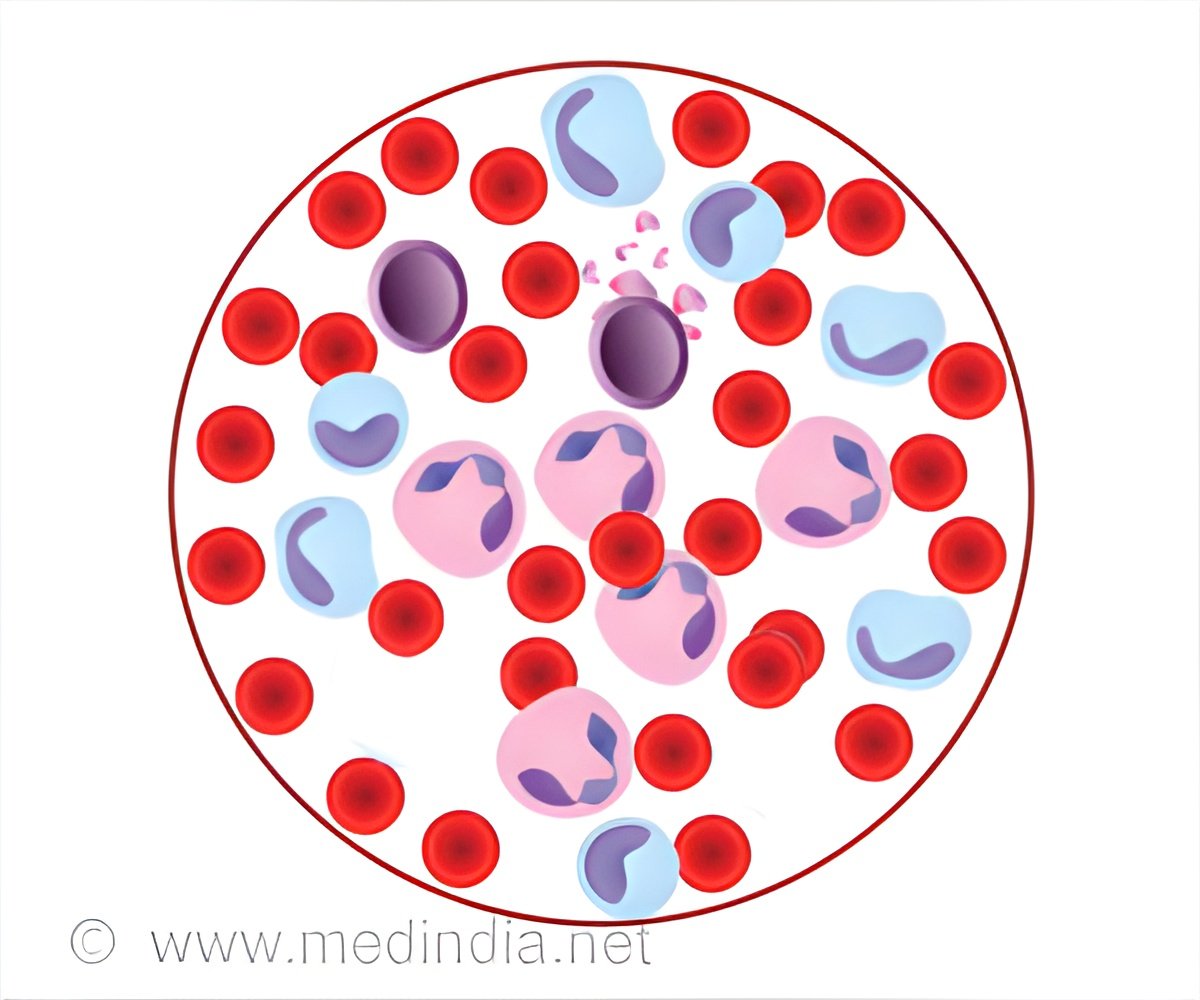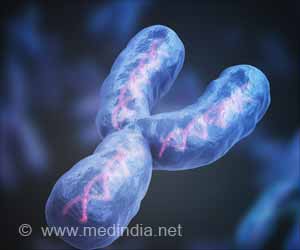Drug IACS-10759 was found to inhibit the key metabolic process required for cancer cells' growth and survival.

‘Drug IACS-10759 was found to inhibit the key metabolic process required for cancer cells' growth and survival.’





IACS-10759 is the first small molecule drug to be developed from concept to clinical trial by MD Anderson's Therapeutics Discovery team, which includes IACS and the CCCT. Therapeutics Discovery is a unique group of clinicians, researchers and drug development experts working collaboratively to create new treatment options, including small molecules, biologics, and cell-based therapies. New data related to IACS-10759 were published in two papers in the June 11 online issue of Nature Medicine. The first paper reports the preclinical work led by Joseph Marszalek, Ph.D., head of Translational Biology for CCCT, and Emilia Di Francesco, Ph.D., associate director of Medicinal Chemistry at IACS, which resulted in the discovery of IACS-10759 and its advancement into Phase I clinical trials for acute myeloid leukemia (AML) and solid tumors. A second paper, authored by Andrew Futreal, Ph.D., chair, and Yonathan Lissanu Deribe, Ph.D., instructor, both of Genomic Medicine, describes the potential of IACS-10759 for treatment of lung cancers harboring a specific epigenetic alteration.
The pathway to discovery of IACS-10759
Metabolic reprogramming is an emerging hallmark of tumor biology where cancer cells evolve to rely on two key metabolic processes, glycolysis and oxidative phosphorylation (OXPHOS), to support their growth and survival. Extensive efforts have focused on therapeutic targeting of glycolysis, while OXPHOS has remained largely unexplored, partly due to an incomplete understanding of tumor contexts where OXPHOS is essential.
"Through a comprehensive translational effort enabled by collaboration across MD Anderson, we have identified multiple cancers that are highly dependent on OXPHOS," said Marszalek.
Advertisement
"Through this collaborative, 18-month process, we identified and rapidly advanced IACS-10759 as the molecule for clinical development," said Di Francesco. "We believe IACS-10759 will provide a promising new therapy for cancer patients."
Advertisement
IACS-10759's potential for clinical study of mutant lung cancers
IACS-10759 was evaluated in pre-clinical studies for treating lung cancers harboring mutations in the SMARCA4 gene, which render tumors sensitive to the drug due to an increased dependence on OXPHOS for survival.
SMARCA4 is a component of a chromatin modeling complex called SWI/SNF, which plays a vital role in gene expression. The study team's analyses showed SMARCA4 mutant cells have enhanced oxygen consumption and increased respiratory capacity, making them susceptible to treatment with an OXPHOS inhibitor like IACS-10759.
"Our findings provide the mechanistic basis for further development of OXPHOS inhibitors as therapeutics against cancers with SWI/SNF-mutant tumors," said Lissanu Deribe. "Through multidisciplinary studies of new agents like IACS-10759, we aim to accelerate the availability of enhanced therapies for our patients."
Source-Eurekalert















